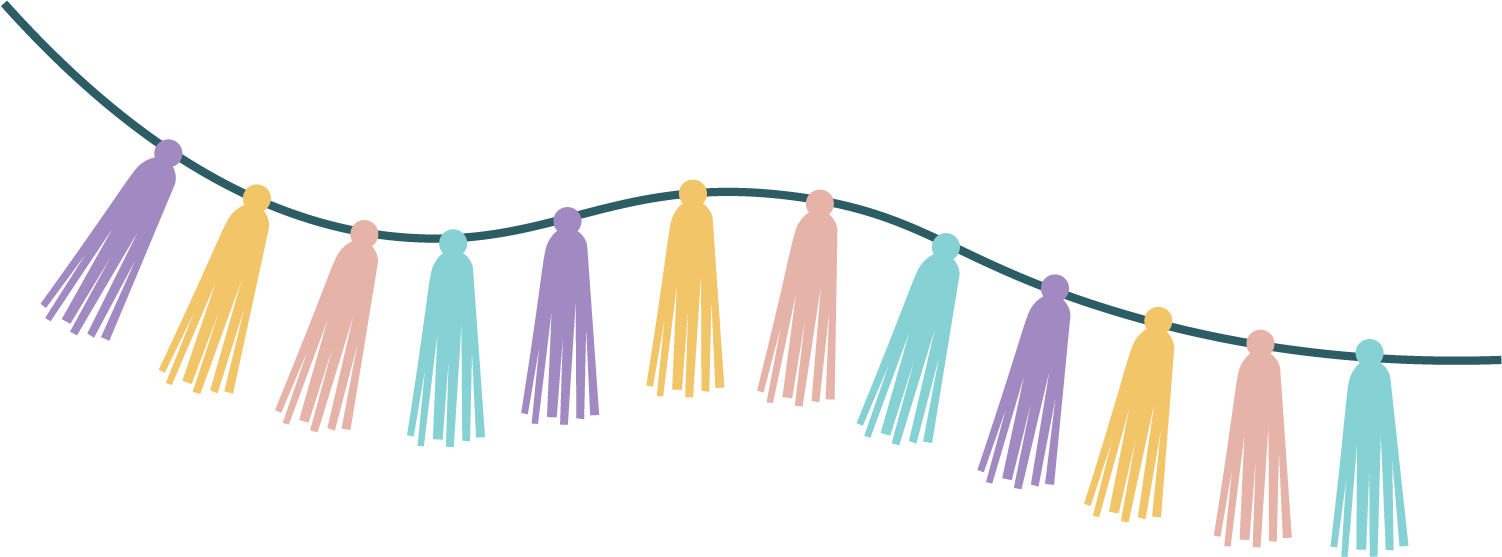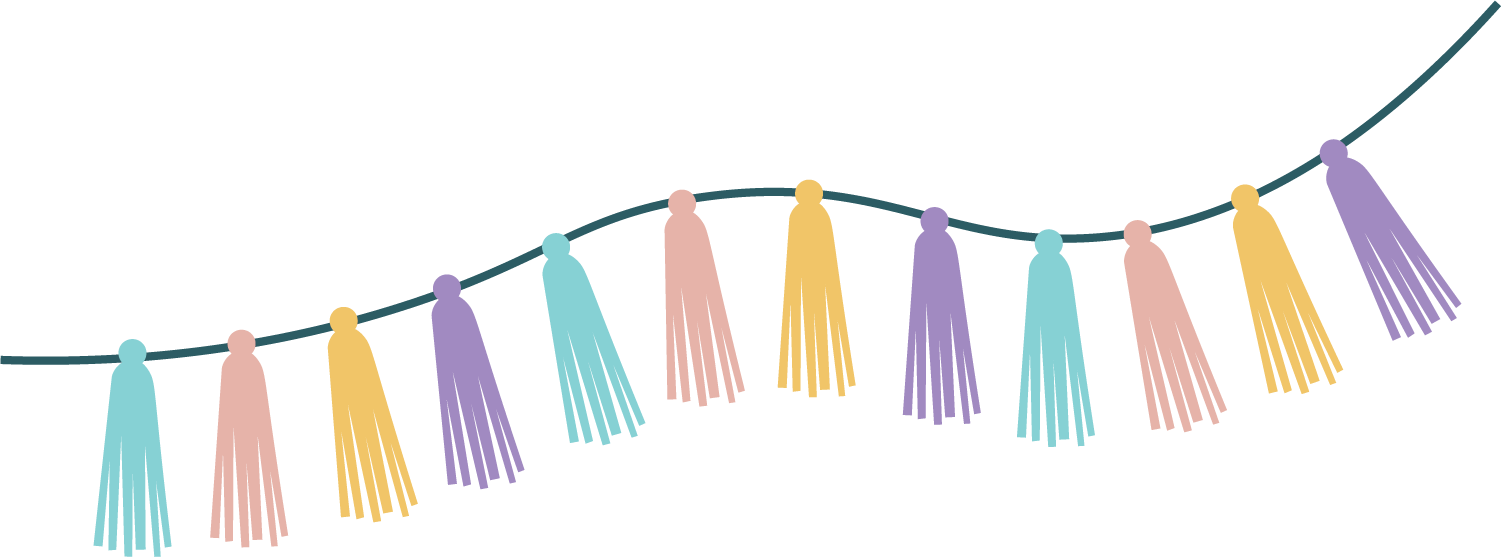
We know it’s hard to believe- 1 in 54 kids are diagnosed with an autism spectrum disorder.
The increase in autism rates is due to professionals being better able to observe and diagnose this neurological disorder properly.
Masking is a prevalent behavior in people with autism. Masking refers to individuals learning and mimicking neurotypical people in social settings, making it harder for professionals to diagnose.
That is why only certain professionals can diagnose this disorder which may have you ask, “Can a therapist diagnose autism?”
Before we answer this, let us explain what autism is.
Understanding Autism
Autism is a neurological disorder where certain parts of the brain are affected. It often impacts areas regarding communication, social interaction, and cognitive function.
This means that your child may have a harder time speaking, as well as difficulty following certain conversations, such as sarcasm.
Individuals with autism usually have a hard time making eye contact; they often engage in repetitive behaviors and have minimal interests. For example, your child may watch the same episode over and over again. Also, when they get excited, they may engage in stimming behaviors like flapping their hands.
Since autism is a spectrum disorder, there are three different levels.
- Level one autism refers to individuals who need mild support. They may have slight difficulty in social situations but overall can manage on their own. This level of autism used to be known as Asperger Syndrome.
- Level two autism means that the individual requires substantial support. They will have less verbal communication skills and are also rigid in routines. These individuals will have a difficult time moving from one activity to the next.
- Level 3 autism is the last category which means the individual requires very substantial support. These individuals will have severe deficits in communication and have very restricted behaviors, which may cause the person to engage in problem behavior due to their inability to cope.
Some individuals with autism can communicate and excel in school and sports. In contrast, other individuals may need more assistance in daily living and cannot communicate at all.
At Dream Big, we believe that every diagnosis is different and every child will need an individualized plan to help them learn and grow.
How to Diagnose Autism
Maybe you’re wondering if your child may have autism and you’re not sure where to turn. The next step might be to reach out to a specialist.
A specialist refers to a child psychiatrist, psychologist, pediatric neurologist, or developmental pediatrician. These are the only professionals who diagnose your child; other professionals may only be used for referrals to a diagnosis.
Professionals such as teachers, therapists, and counselors can recommend a screening, but that can not officially diagnose.
An autism specialist refers to the DSM-5, a mental and neurological disorder guideline where certain criteria must be met for a diagnosis in children and adults.
This is the same book that can diagnose other disorders such as depression, obsessive-compulsive disorder, etc.
This is important because many individuals with autism suffer from comorbidity, which means they deal with two or more medical conditions at one time.
In fact, the most common comorbidity diagnosis with autism is attention-deficit/hyperactivity disorder, which is more commonly known as ADHD.
Therapy Options for Autism
Now that you know what autism consists of and how to get a proper diagnosis, let’s discuss what happens next.
Although there is no cure for autism spectrum disorder, we’ve got some great ways to help your child thrive!
Applied Behavior Analysis (ABA) has been around since the 70s, and it is often used for early intervention. ABA is critical for learning basic daily skills and decreasing problem behaviors. Dream Big Children’s Centers work tirelessly to make sure that our ABA practices are current and effective, as well as fun, nurturing, and playful!
Often children with autism do not know how to communicate their wants and needs effectively, so they respond to this by acting out. ABA helps children become more independent and confident to communicate their needs and learn how to meet their own needs.
Here’s the great news! Dream Big offers ABA services in both our fun and colorful play centers as well as in your own home setting. Your child could be on the road to leading a full, independent life! Our Board Certified Behavioral Analysts are trained and ready to customize a treatment play to meet your child’s needs. This plan may include some of the following therapies:
Speech Therapy is another option for children with a difficult time communicating verbally.
Speech therapists help aid the child with proper pronunciation of words, grammar, and tone of voice. Many individuals with autism speak in a monotone voice, so, with proper techniques, the child will learn how to change their tone of voice depending on their topic of conversation.
Another option we will discuss is Occupational Therapy (OT). This refers to teaching fine motor skills. For example, the child will learn how to complete writing, coloring, and even using scissors.
OT professionals also address feeding and swallowing issues that individuals with autism may deal with. This means that if your child has difficulty eating, they will learn how to chew, swallow and sip.
A Psychiatrist is also a great option for individuals with autism. Since comorbidity is prevalent with autism, it is important to address any other issues the individual is dealing with.
Can a Therapist Diagnose Autism Overview
Now that you know what autism spectrum disorder is and the signs of autism, we hope that the steps to finding help are a little more clear. Click here to contact us if you have any questions! We are here to help you!


